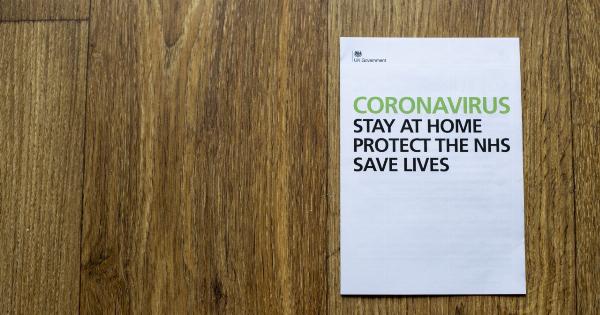Dental hygiene is the practice of keeping our teeth, gums, and mouth clean and healthy to prevent dental problems, such as cavities, gum disease, and bad breath.
However, maintaining good oral health is not just about having a winning smile, but it is also important for our overall health. One of the possible health complications linked to poor dental hygiene is pneumonia.
What is pneumonia?
Pneumonia is a respiratory infection that affects the lungs. It can be caused by viruses, bacteria, or fungi. It is a serious illness and can range from mild to severe.
Some common symptoms of pneumonia include cough, fever, chest pain, difficulty breathing, fatigue, and chills.
How is pneumonia related to dental hygiene?
The connection between dental hygiene and pneumonia lies in the presence of harmful bacteria in our mouth. Our mouth is full of bacteria, and while most of them are harmless, some can cause disease.
Poor dental hygiene can allow these harmful bacteria to build up and multiply in our mouth and throat, making us more susceptible to infections, including pneumonia.
When we inhale, we breathe in a mixture of air and droplets from the mouth and nose. If these droplets contain harmful bacteria, they can infect our lungs, causing inflammation and leading to pneumonia.
Studies have shown that poor dental hygiene is linked to an increased risk of developing pneumonia and other respiratory infections.
How can we prevent pneumonia through dental hygiene?
The good news is that we can reduce our risk of pneumonia and other infections by practicing good dental hygiene. Here are some tips to maintain good oral health:.
1. Brush your teeth twice a day.
Brush your teeth at least twice a day for two minutes each time. Use a fluoride toothpaste and a soft-bristled toothbrush. Brushing your teeth removes food particles, plaque, and bacteria that can cause dental problems and respiratory infections.
2. Floss daily.
Use dental floss or interdental cleaners to clean between your teeth and remove plaque and food particles that your toothbrush cannot reach. Flossing helps prevent gum disease, which can also lead to pneumonia.
3. Use mouthwash.
Rinse your mouth with an antimicrobial mouthwash after brushing and flossing. Mouthwash can help kill harmful bacteria and freshen your breath.
4. Visit your dentist regularly.
See your dentist every six months for a check-up and professional cleaning. Your dentist can detect and treat any dental problems early and remove plaque and tartar buildup that can cause infections.
5. Quit smoking.
Smoking and other tobacco products can weaken our immune system and damage our lungs, making us more susceptible to respiratory infections like pneumonia. Quit smoking to reduce your risk of pneumonia and improve your overall health.
Conclusion
Pneumonia is a serious respiratory infection that can be caused by harmful bacteria in our mouth. By practicing good dental hygiene, we can reduce our risk of developing pneumonia and other respiratory infections.
Remember to brush your teeth twice a day, floss daily, use mouthwash, visit your dentist regularly, and quit smoking. These habits can help you maintain good oral health and prevent pneumonia.





























